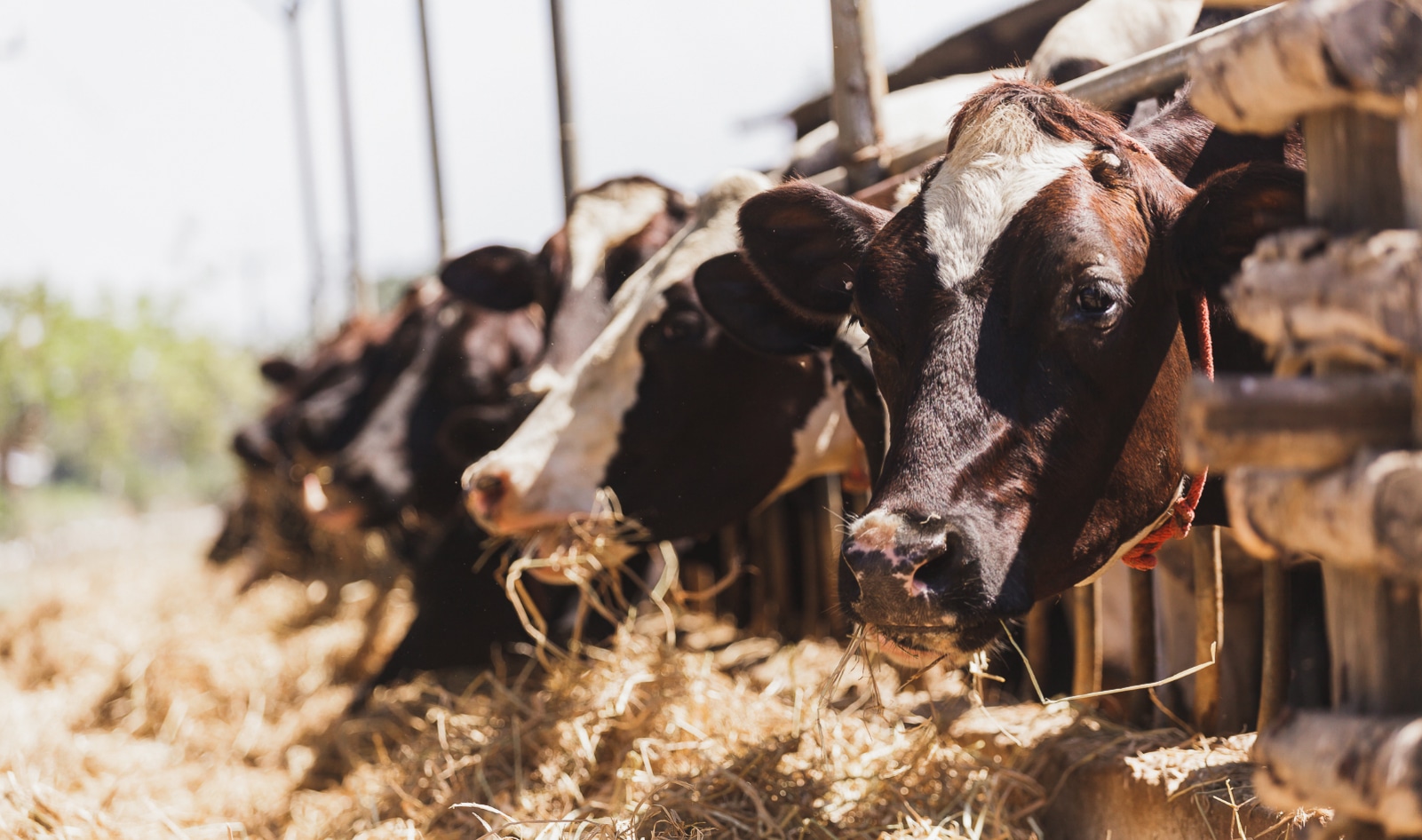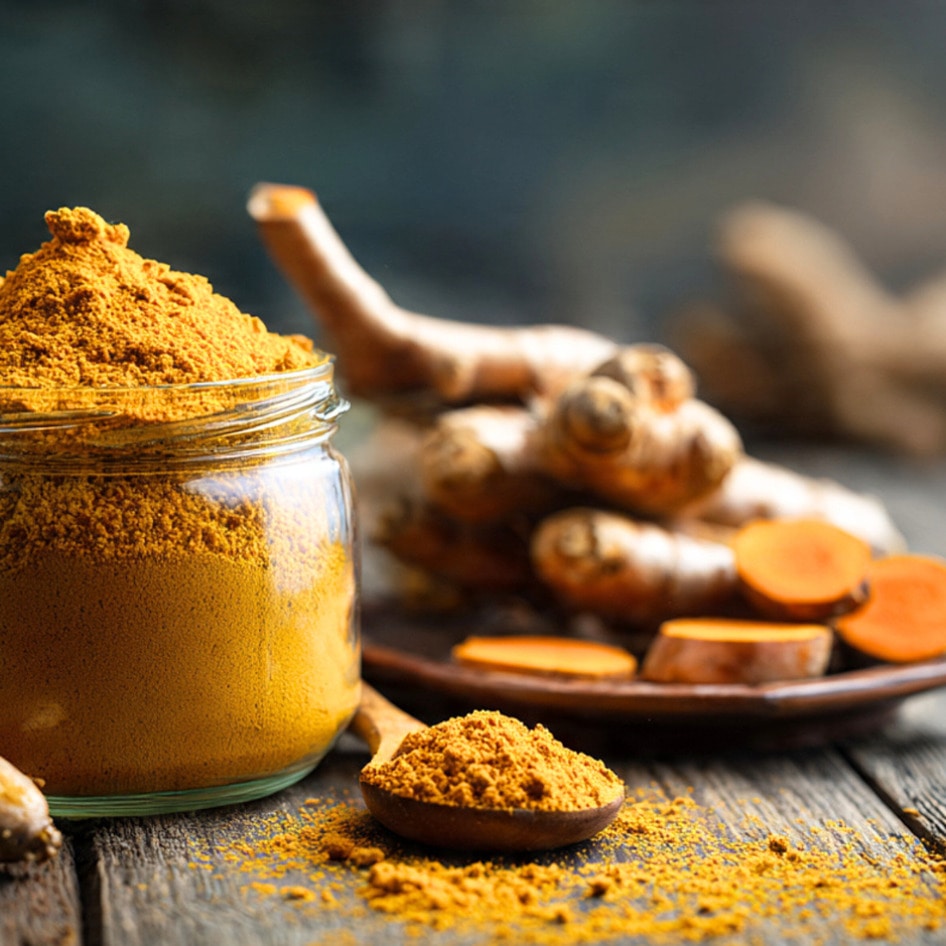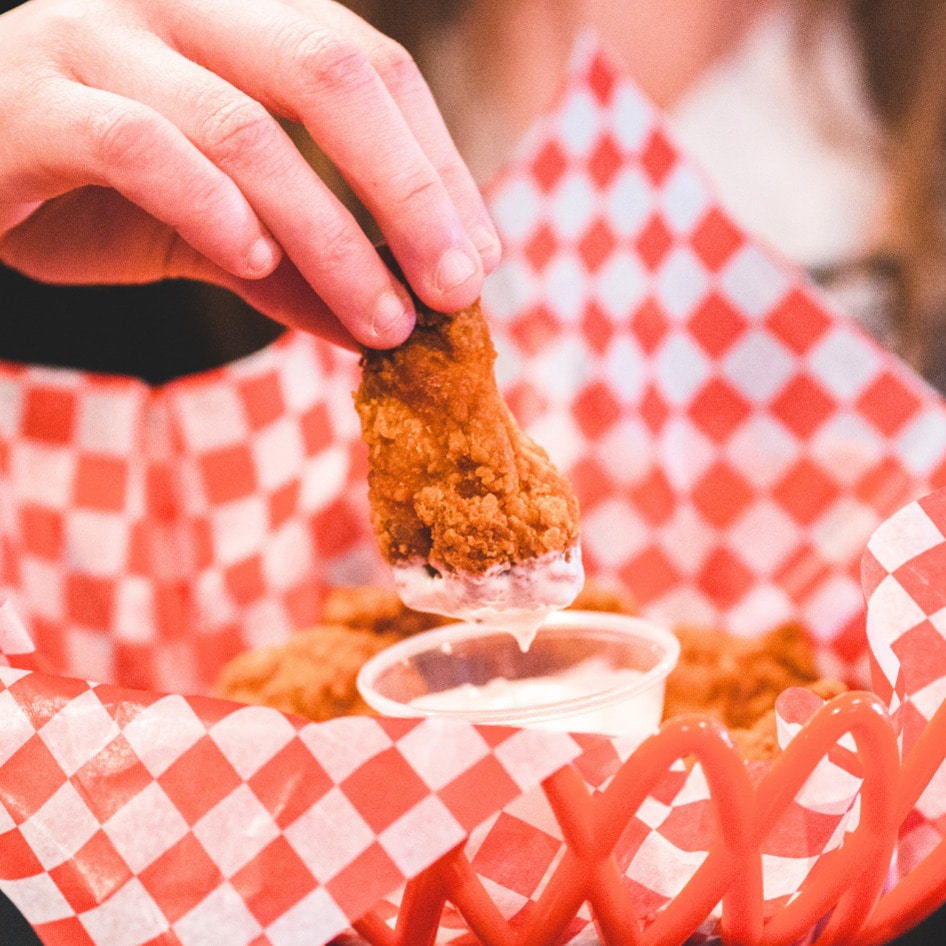Some cows raised and slaughtered for the “Raised Without Antibiotics” market have actually been treated with antibiotics, according to a new study published in peer-reviewed academic journal Science. The United States Department of Agriculture (USDA) approves meat labels with claims such as “No Antibiotics Ever,” “No Added Antibiotics,” and “Raised Without Antibiotics,” but the study emphasizes that shoppers should not have confidence in those labels. According to the new study, a “substantial portion” of cows that are destined for this antibiotic-free market have been given antibiotics.
The study’s researchers included Lance B. Price and Laura Rogers of the Antibiotic Resistance Action Center at George Washington University, and Kevin Lo of food testing startup Food In-Depth. For the study, the researchers obtained urine samples from beef cows being slaughtered for the “Raised Without Antibiotics” marketplace. They tested nearly 700 cows from 312 lots and 33 different “Raised Without Antibiotics” certified factory farms. The researchers found that 42 percent of factory farms had at least one animal test positive, representing approximately 15 percent of the “Raised Without Antibiotics” cows slaughtered during the study period.
“Growing demand for ‘Raised Without Antibiotics’ meats and poultry has the potential to curb antibiotic use in food-animal production,” Price said in a statement. “Until either the USDA acts to rigorously verify these claims or retailers eliminate their safe harbor of ignorance, consumers should not rely on the accuracy of these labels.”
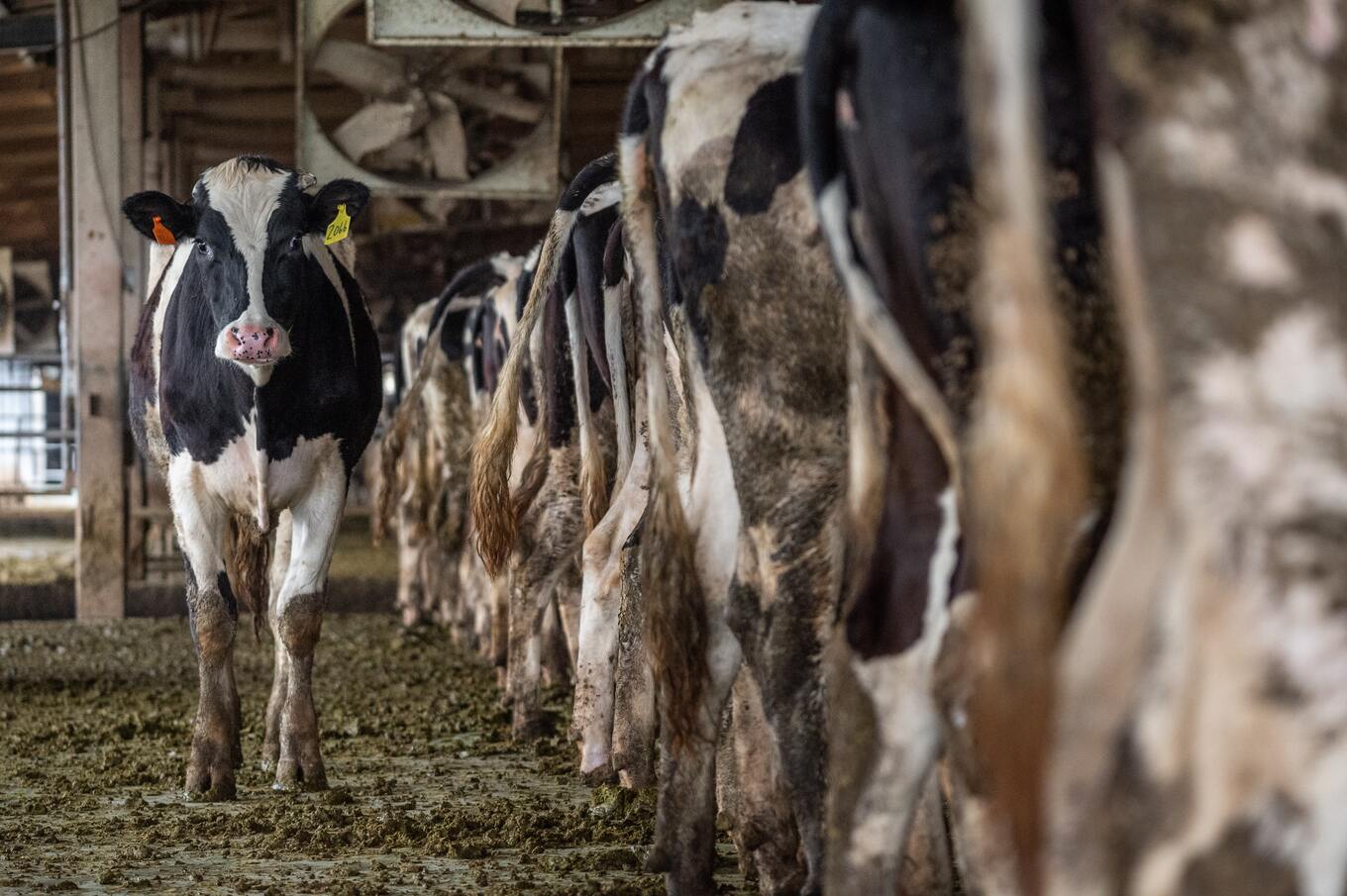
The findings suggest the “Raised Without Antibiotics” label lacks integrity, and although the study was limited to cows, the authors suggest that other farmed animals are vulnerable to similar problems. The research team found that there are strong incentives to cheat on a set of claims that are relatively easy to confirm. While the USDA gives these labels credibility in the marketplace, the agency doesn’t mandate empirical testing to validate those claims.
Of the nine billion farmed animals slaughtered for food in the US every year, the USDA tests fewer than 7,000 animals for antibiotics through the US National Residue Program. However, this program isn’t designed to assess the “Raised Without Antibiotics” claim and only determines whether antibiotics exceed their maximum residue limits, a threshold that is defined as safe for public consumption.
The rise of antibiotic resistance in animal agriculture
Ultimately, the “Raised Without Antibiotics” claim in factory farming is a market-based solution to a serious public health problem. Animals exploited for food in factory farms are packed together by the thousands in small spaces, living in their own feces, and are given antibiotics to prevent, treat, and control bacterial infections caused from such dirty and stressful living conditions. The reliance and overuse of such antibiotics leads to the development and spread of antibiotic-resistant bacteria, which is an increasingly serious threat to global public health. Scientists now estimate that three out of four emerging infectious diseases come from an animal.
Another report published in the Science journal in 2019 found that antibiotic resistance in farmed animals has nearly tripled since 2000. Researchers from ETH Zurich, the Princeton Environmental Institute, and the Free University of Brussels examined nearly 1,000 publications and unpublished veterinary reports to find that from 2000 until 2018, antibiotics used to treat food animals in developing nations for bacterial infections such as Escherichia coli, Campylobacter, Salmonella, and Staphylococcus aureus are becoming largely ineffective, failing more than half the time in 40 percent of chickens and one-third of the time in pigs.
“This paper is the first to track antibiotic resistance in animals globally and it finds that resistance has gone up dramatically during the past 18 years,” report co-author Ramanan Laxminarayan said in a statement. “We certainly do want higher-protein diets for many people, but if this comes at the cost of failing antibiotics, then we need to evaluate our priorities.”
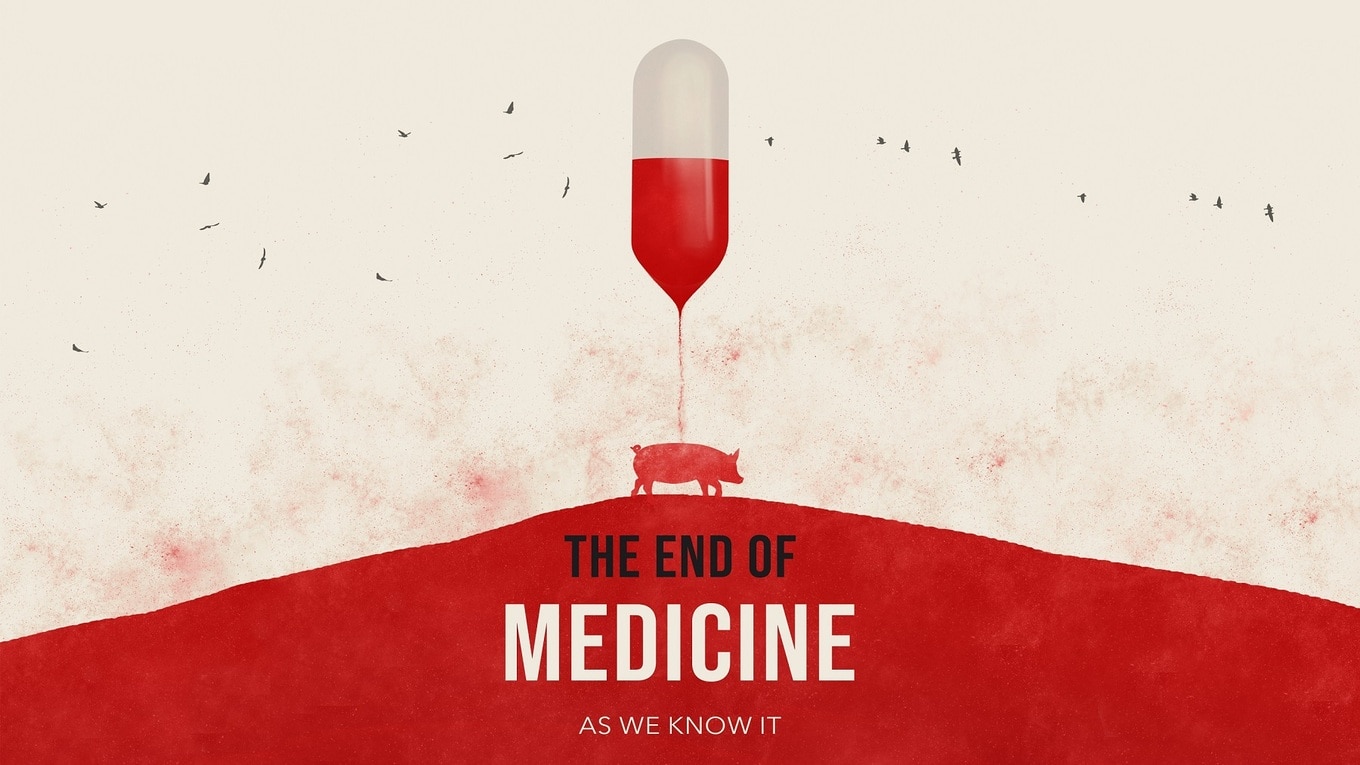
The link between factory farming and pandemics
A new documentary that comes out next month also explores the relationship between animal agriculture and the rise of zoonotic diseases, such as COVID-19, and antibiotic resistance. Produced by Keegan Kuhn (of Cowspiracy and What the Health) and executively produced by vegan couple Joaquin Phoenix and Rooney Mara, End of Medicine is told through the lens of whistleblowers, government advisors, medical experts, and leading scientists, who all warn of how dangerously close we are to complete antimicrobial resistance because of antibiotic overuse in animal agriculture and the government’s complicity and collaboration with the animal agriculture industry. End of Medicine started filming in October 2019, just before the world was thrust into the global COVID-19 pandemic—the very thing the film was seeking to understand.
“If there is any time, this is the time to really look into how these infections come about. We have 80 billion land animals being raised and killed for food [worldwide] at one time,” Aysha Akhtar, CEO, Center for Contemporary Sciences, said in the film. “With coronavirus, we’re being told to socially distance—and rightfully so. But we’re doing the absolute opposite with these animals in these farms. We’re crowding them into as tight of a space as we can, and that goes against everything we know about how to contain and prevent the emergence of infectious diseases.”
For more on the consequences of factory farming, read:
Bernie Sanders Backs Bill to Ban Factory Farming by 2040
Bill Maher: Factory Farms “Just as Despicable” as Wet Markets
New Scientific Paper Pushes to Shut Down All Factory Farms
JUMP TO ... Latest News | Recipes | Guides | Health | Subscribe

